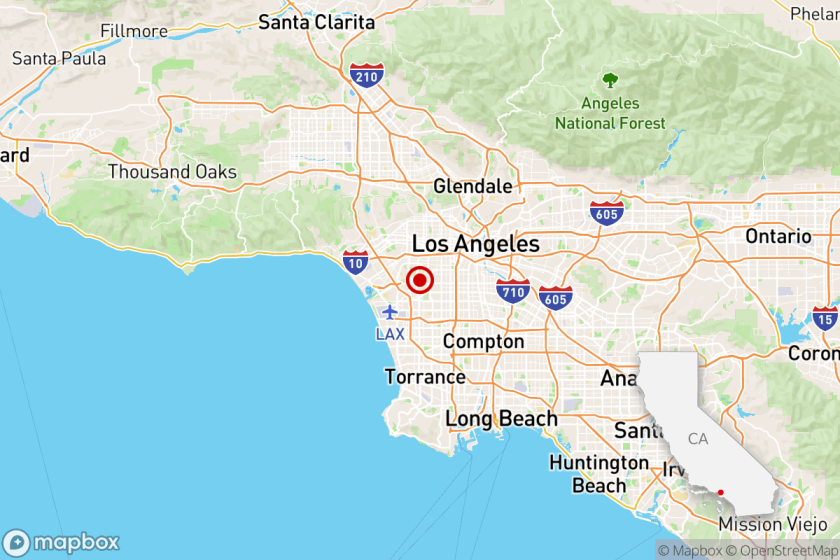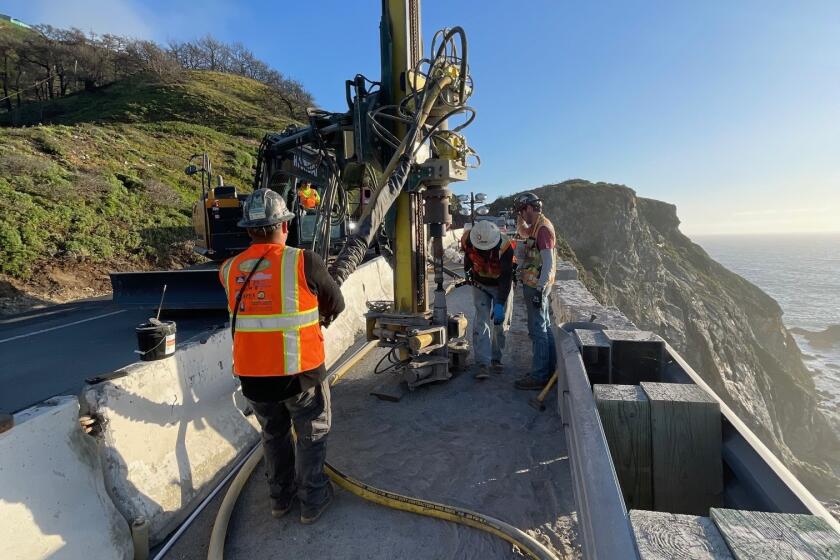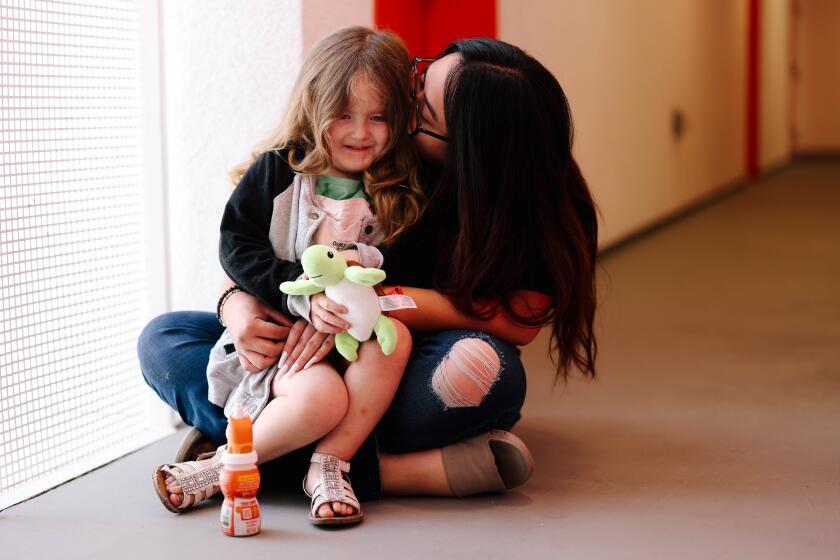Unpunishing good deeds
Coming to the rescue of so-called good Samaritans, new state legislation would give much-needed legal protection to passersby who help in an emergency.
In the final days of 2008, the California Supreme Court ruled against a woman, Lisa Torti, who pulled a co-worker from a car after an accident. The injured woman, Alexandra Van Horn, was left a paraplegic and claimed that Torti’s actions were to blame. Torti countered that she was covered by the state’s good-Samaritan law, which shields from liability anyone “who in good faith, and not for compensation, renders emergency care at the scene of an emergency.”
The court’s majority responded with a puzzling reading of the state and concluded that the law covers only medical care, not rescue. An amateur do-gooder could, for example, be found liable for accidentally breaking a man’s leg while pulling him from a burning building, but not for botching the job of treating the broken limb. The situation clearly calls for legislative intervention, and Assemblyman Mike Feuer (D-Los Angeles) provides it with AB 83. The bill would extend good-Samaritan protection to rescuers, though not in cases of gross negligence or willful misconduct. It also would slightly weaken existing protections for medical aid by applying the same exceptions.
Had this law been in place at the time, Torti’s actions might still have been subject to liability. Pulling Van Horn from the vehicle may have been a terrible mistake. Emergency protocol is to avoid moving accident victims -- in order to prevent spinal damage -- unless there is imminent danger from, say, a car fire. (Torti said she feared the car would explode.) Considering that both women reportedly had been out partying beforehand, issues of impaired judgment might be raised as well. But the standard for a finding of gross negligence is high enough -- the action must violate accepted ideas of reasonable behavior -- that most errors by a well-meaning person would be protected. That’s important, because amateurs do make mistakes, sometimes stupid or harmful mistakes, and yet most of the time their well-intentioned intervention is helpful.
A majority of states have “good Sam” laws that exempt gross negligence or misconduct from protection, but there aren’t enough statistics to know whether such wording has discouraged any would-be helpers. Luckily for our society, most people act on the instinct to help without worrying about the fine points of the law. The main issue is that after the Supreme Court ruling, Californians were left with a loud message that their heroism might backfire. Feuer’s legislation would send a new message: that random acts of kindness are encouraged and protected.
More to Read
Start your day right
Sign up for Essential California for news, features and recommendations from the L.A. Times and beyond in your inbox six days a week.
You may occasionally receive promotional content from the Los Angeles Times.






